
 Instagram
Instagram
Menopause Age Calculator: Free Online Quiz


Related products
At Welzo, we recognize that menopause is a significant life stage for women, and many want to feel prepared for when it happens. However, can you truly predict when menopause will occur? While the idea of a menopause age calculator sounds appealing, the reality is more complex. No tool or calculator can accurately predict when menopause will begin. The timing of menopause is influenced by a wide range of factors, including genetics, lifestyle, and medical history, making it impossible to pinpoint an exact age.
In this article, we’ll explore the limitations of menopause prediction tools, the factors that influence its onset, and how to prepare for this natural transition. By the end, you'll have a deeper understanding of what affects menopause timing and how you can approach it in a confident, informed way.
You can buy an accurate Home Menopause Test here.
Disclaimer: A Fun but Informal Tool
The menopause age calculator provided is for informational and entertainment purposes only. It is not a medically accurate tool and cannot diagnose or predict the onset of menopause. The results are based on general factors and do not consider individual medical conditions or variations. If you have concerns about menopause or your health, consult a qualified healthcare professional for personalized advice.
Menopause Age Calculator
Menopause Age Calculator
Quick Facts About Menopause
- The age at which menopause occurs is influenced by a combination of genetic, lifestyle, and medical factors.
- There is no scientifically accurate menopause age calculator.
- The average age for menopause in the UK is 51, but it varies from person to person.
- Preparing for menopause involves understanding your body, adopting healthy habits, and consulting healthcare professionals.
Can You Predict the Age of Menopause?
It’s completely natural to want to plan for menopause. After all, menopause marks a significant change, not only biologically but also in terms of how women experience and manage their health. However, despite advances in medical research, it remains impossible to predict the exact age when menopause will occur.
Why Is Menopause So Difficult to Predict?
The reason lies in the fact that menopause is a highly individualized process. It is primarily driven by hormonal changes, but these changes are influenced by various factors. While certain elements—such as family history—can provide some insight into when menopause might happen, the wide range of contributing factors makes an accurate prediction impossible.
Menopause Age Calculators: Why They Fall Short
Menopause calculators or prediction tools cannot account for the complexity of these factors. As a result, they fall short of providing accurate predictions. Instead of relying on prediction, the best way to approach menopause is to stay informed, listen to your body, and seek guidance from healthcare professionals when necessary.
At Welzo, What’s Our Approach?
At Welzo, we encourage women to focus on what they can control—such as their lifestyle choices and health monitoring—while understanding that menopause will come in its own time.
What Is Menopause?
Menopause is defined as the point in a woman’s life when she has not had a menstrual period for 12 consecutive months, signifying the end of her reproductive years. This stage typically occurs between the ages of 45 and 55, with the average age in the UK being 51. However, menopause can happen earlier or later for some women.
The Biological Process Behind Menopause
Menopause is driven by a significant decline in the production of estrogen and other hormones that regulate the menstrual cycle. As the body adjusts to these hormonal changes, it can trigger a range of symptoms, both physical and emotional. Some women experience symptoms such as hot flashes, mood swings, trouble sleeping, and irregular periods long before they officially reach menopause—this stage is known as perimenopause.
Perimenopause: The Transition to Menopause
Perimenopause is the transitional phase leading up to menopause, during which hormone levels fluctuate and periods become irregular. This stage can last for several years, and symptoms can range from mild to severe.
Common Signs of Perimenopause:
- Irregular periods: Changes in menstrual cycles, such as shorter, longer, heavier, or lighter periods, are early signs.
- Hot flashes: Sudden feelings of heat accompanied by sweating and flushing, often occurring during the day or night.
- Mood changes: Hormonal fluctuations can lead to irritability, anxiety, or depression.
- Sleep disturbances: Trouble sleeping due to night sweats or insomnia.
- Vaginal dryness: Reduced estrogen levels can cause dryness and discomfort during intercourse.
- Changes in libido: A decrease in estrogen can also affect sexual desire.
While these symptoms can be uncomfortable, many ways exist to manage them. Staying informed about your body’s changes can help you feel more in control.
Why Menopause Age Calculators Are Inaccurate
The idea of a menopause age calculator is appealing because it offers the hope of certainty in a process that can feel unpredictable. However, these calculators are not based on solid science. Menopause is influenced by multiple factors—many of which cannot be measured or predicted by a simple tool.
Why Do Menopause Calculators Fall Short?
- Genetic variability: Family history offers some insight, but genetics are just one piece of the puzzle.
- Lifestyle influences: Diet, exercise, smoking, and alcohol consumption affect menopause timing but are hard to predict in a calculator.
- Environmental factors: Stress, pollutants, and hormonal disruptions can also influence menopause timing and are unpredictable.
- Medical history: Conditions, surgeries, or treatments such as chemotherapy can lead to early menopause, which calculators can't account for.
Factors That Influence the Age of Menopause
While predicting menopause with accuracy is not possible, several factors provide clues about when it might occur.
1. Genetics
Family history plays a role in determining when menopause might occur. If your mother or sister experienced menopause at a certain age, there is a chance you may follow a similar pattern. However, genetics alone do not determine menopause timing.
2. Lifestyle Choices
The choices you make throughout your life—diet, exercise, smoking, and drinking habits—can significantly impact your reproductive health. Healthy choices can help delay menopause, while unhealthy habits may contribute to early onset.
- Smoking: Can accelerate ovarian function loss, leading to earlier menopause.
- Body weight: Both being underweight and overweight affect hormonal balance.
- Alcohol consumption: Excessive alcohol use disrupts hormonal balance and may lead to earlier menopause.
3. Medical History
Certain medical conditions and treatments can affect the age of menopause onset.
- Surgical menopause: Removing both ovaries triggers immediate menopause.
- Cancer treatments: Chemotherapy and radiation therapy can damage the ovaries and cause early menopause.
- Autoimmune disorders: Conditions like rheumatoid arthritis or lupus may affect ovarian function.
How to Prepare for Menopause
Though the timing of menopause may be uncertain, you can take steps to prepare for it and manage its symptoms.
1. Adopt a Healthy Lifestyle
Good physical health makes a big difference during menopause. A balanced diet and regular exercise help support the body through this transition.
- Exercise: Weight-bearing exercises maintain bone health, and physical activity helps reduce the risk of heart disease.
- Nutrition: A diet high in calcium and vitamin D supports bone health. Foods rich in phytoestrogens (e.g., soy) may help reduce menopausal symptoms.
- Hydration: Drinking water helps manage symptoms like hot flashes and night sweats.
2. Manage Stress
Stress can worsen menopause symptoms. Mindfulness meditation, yoga, or deep breathing exercises can help.
3. Get Enough Sleep
Establishing a consistent sleep routine helps manage insomnia and night sweats.
4. Limit Alcohol and Smoking
Reducing alcohol and quitting smoking positively impact overall health and help delay menopause.
5. Consult a Healthcare Professional
If you experience perimenopause or menopause symptoms, talk to a healthcare provider to explore treatment options or hormone replacement therapy (HRT).
Listen to Your Body’s Signals
One of the most important things you can do as you approach menopause is to stay attuned to your body’s signals. Changes in your menstrual cycle, such as irregular periods, are often one of the first signs. Other symptoms—hot flashes, mood swings, and sleep disturbances—can also indicate menopause is near.
At Welzo, we offer hormone and fertility testing to help you understand your body's current state and manage your health during this transition.
The Bottom Line: Embrace the Change
While you cannot predict exactly when menopause will occur, understanding the influencing factors and preparing your body for the changes ahead will help you navigate menopause with confidence. Menopause is a natural part of life, and by adopting healthy habits, staying informed, and seeking professional guidance, you can make this stage of life a positive and empowering experience.
At Welzo, we are committed to supporting you through every stage of your health journey. Whether you need advice on managing symptoms or want to explore hormone testing, our team is here to help.
Frequently Asked Questions (FAQs)
Can menopause be accurately predicted?
No, there is no scientifically accurate tool or test that can predict the exact age of menopause.
What is the average age of menopause?
In the UK, the average age is 51, but menopause can occur between ages 45 and 55.
How do genetics influence menopause timing?
Genetics may offer insight, but lifestyle and medical history also play important roles.
What lifestyle factors affect menopause timing?
Smoking, alcohol consumption, body weight, and stress levels all influence when menopause occurs.




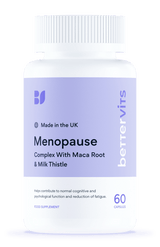


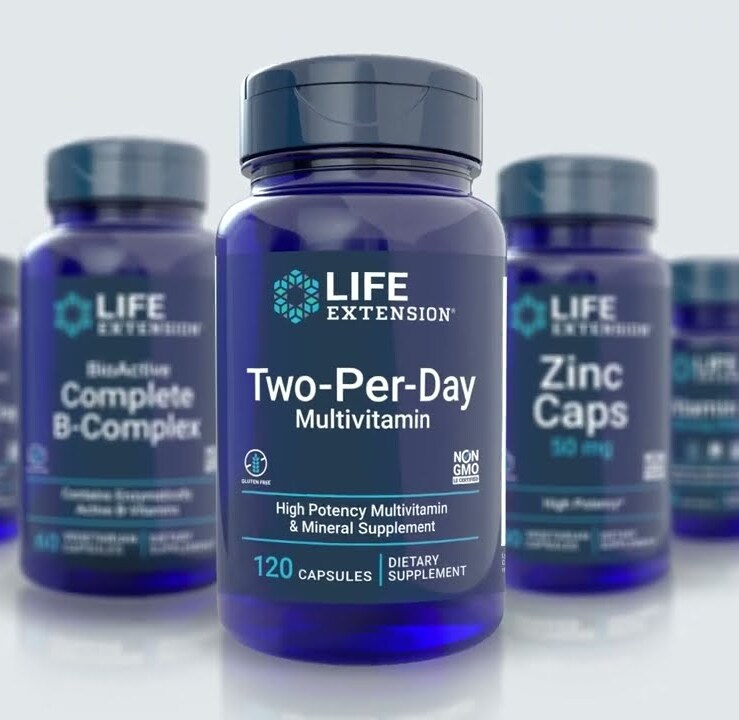




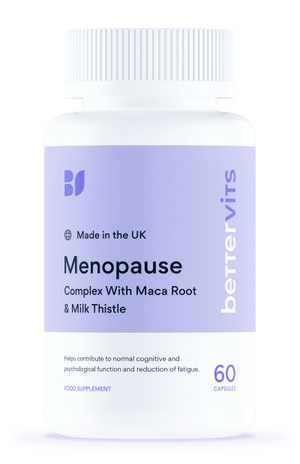

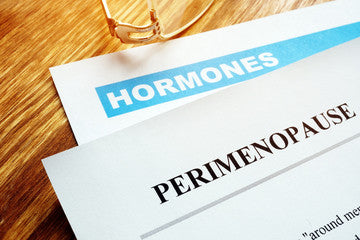


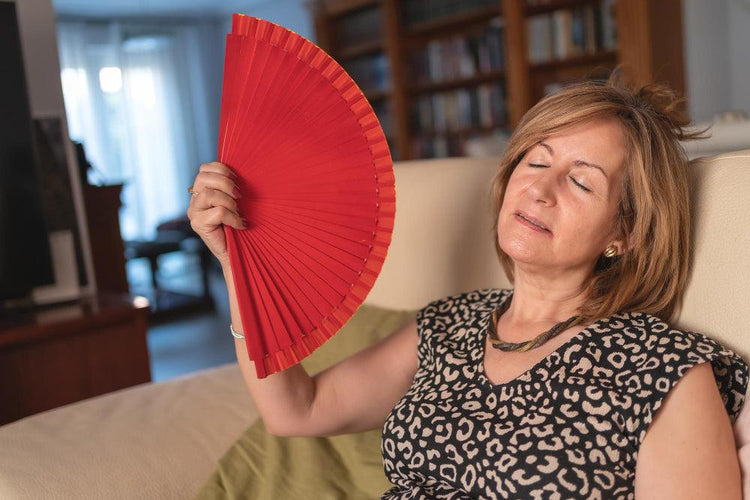


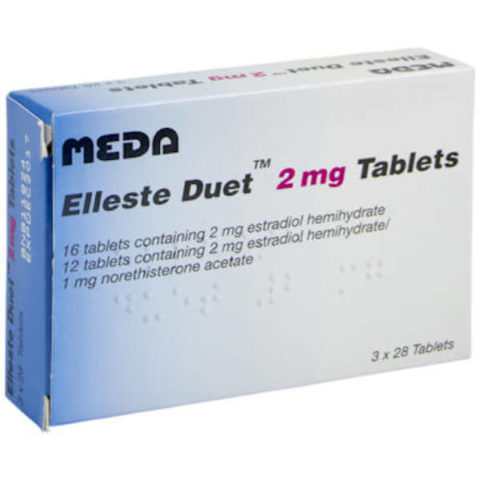
 Rated Excellent by 26,523+ Reviews
Rated Excellent by 26,523+ Reviews